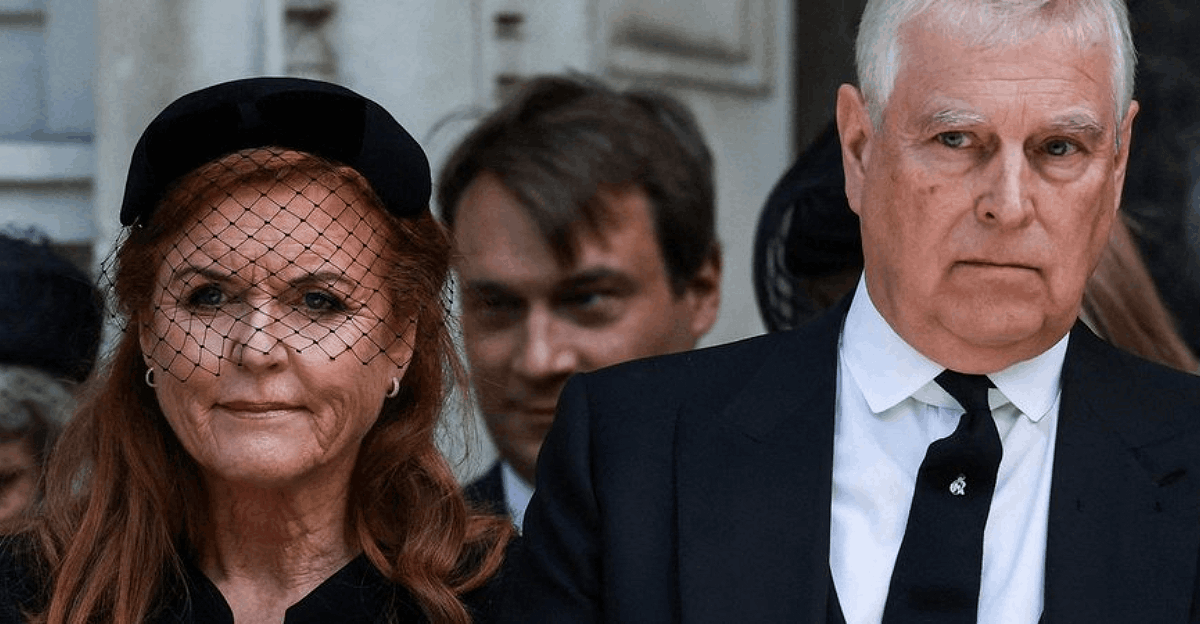
Charities across the UK have severed ties with Sarah Ferguson, Duchess of York, after a 2011 email emerged describing Jeffrey Epstein as her “supreme friend.” The disclosure, published by British newspapers, contradicted Ferguson’s past statements calling her association with Epstein a “gigantic error of judgment.”
The fallout has been swift, with multiple organizations announcing they could no longer maintain their relationship with her. The correspondence has reopened scrutiny into Ferguson’s personal dealings with Epstein and highlighted the reputational risks charities face when prominent patrons are linked to controversy.
Email Sparks Uproar Over Ferguson’s Epstein Ties
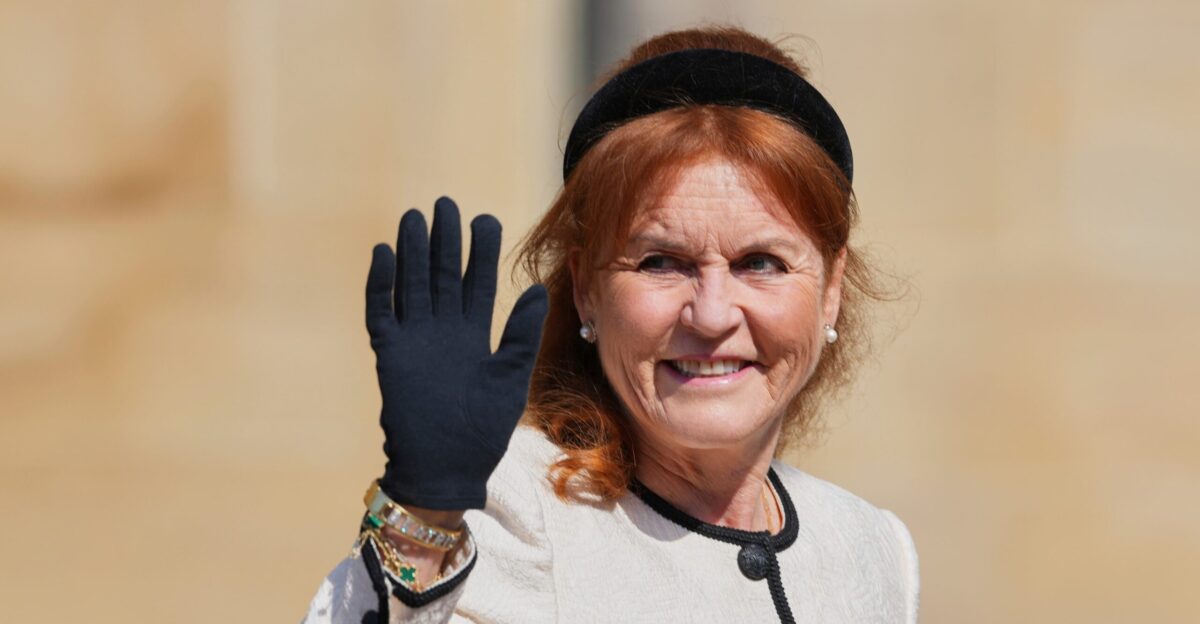
The scandal centers on an email Ferguson sent just weeks after she had publicly vowed never to contact Epstein again. In it, she expressed regret and described him as a loyal friend, in sharp contrast to earlier remarks where she admitted her involvement with him had been a mistake.
British outlets such as the Daily Mail published excerpts of the apology, prompting renewed criticism. The revelation struck a nerve because it appeared to undercut her own public condemnation of Epstein, reigniting a story many had thought settled years ago.
Julia’s House Hospice Among First to Act
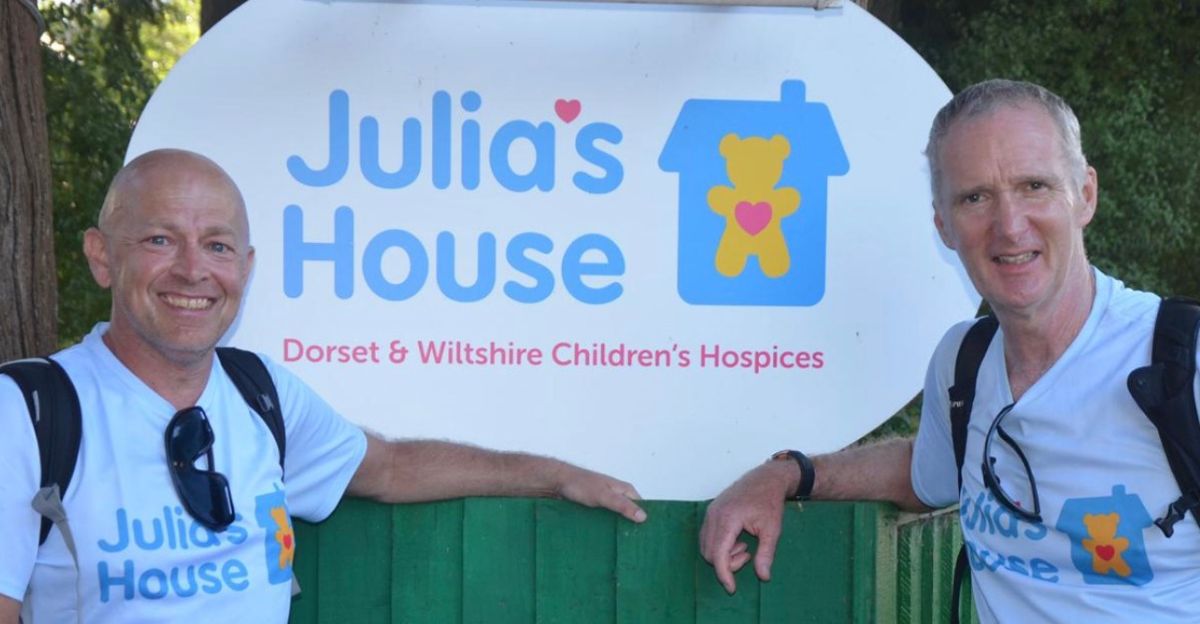
Julia’s House, a children’s hospice in Dorset, quickly confirmed it had removed Ferguson as a patron. In a statement reported by the BBC, the charity said it would be “inappropriate” for her to remain in the role after the disclosure of her Epstein correspondence.
While expressing appreciation for her previous contributions, the organization stressed that maintaining public trust and protecting its reputation had to come first. The decision highlighted the sensitivity of charities working with high-profile ambassadors, particularly when the association risks overshadowing their mission.
Teenage Cancer Trust Ends 35-Year Partnership
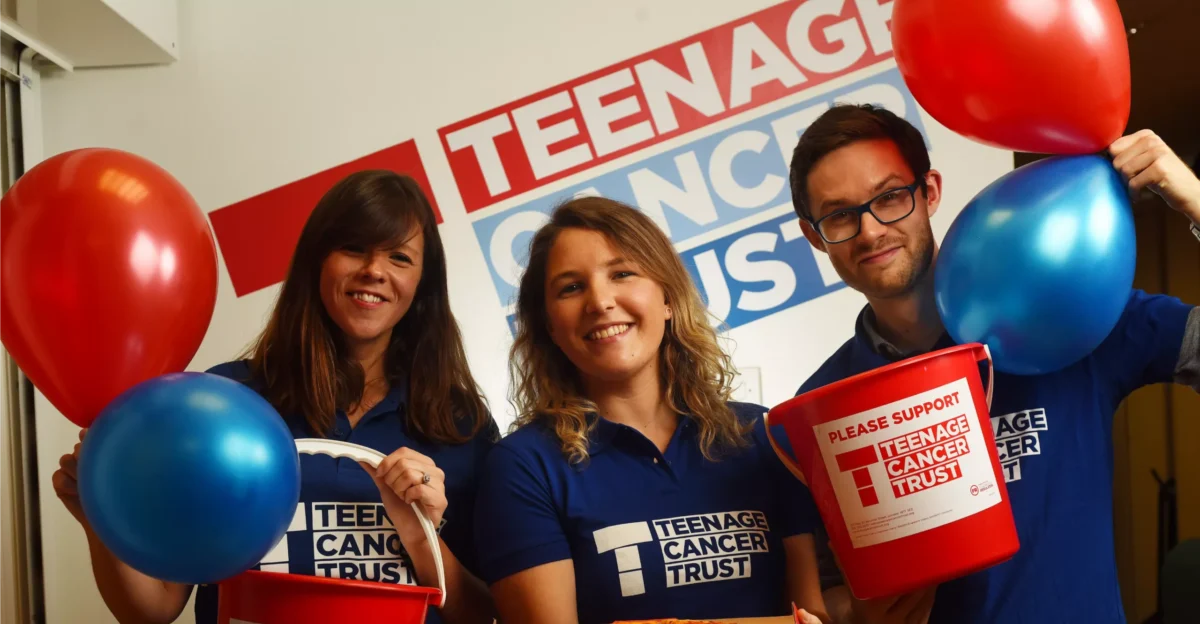
Teenage Cancer Trust, where Ferguson was patron for over three decades, also ended its relationship with her. “We have decided to end our relationship with the Duchess of York, and as of today, she is no longer a patron,” the organization said in a statement to The Guardian.
The charity acknowledged her longstanding service but made clear the newly disclosed information left them no choice. The break marked one of the most significant blows, given the longevity and visibility of her role with the trust.
Allergy Research Foundation Steps Away
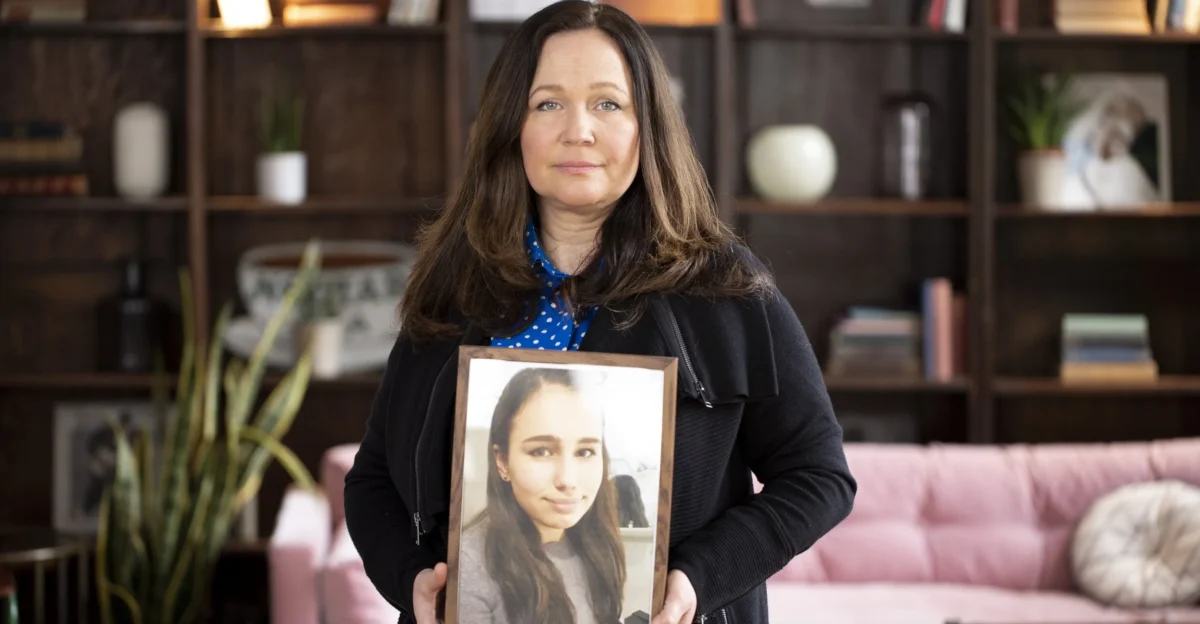
The Natasha Allergy Research Foundation, founded by Nadim and Tanya Ednan-Laperouse, also distanced itself from Ferguson. The couple told ITV News they found the revelations “distressing” and that it would no longer be appropriate for her to represent their cause.
The foundation, set up after their daughter Natasha died following a severe allergic reaction, has built its reputation on integrity and trust. Its decision illustrated how even smaller, specialized charities felt compelled to act decisively once the Epstein-linked correspondence entered the public domain.
Prevent Breast Cancer Severs Patronage

Prevent Breast Cancer, a Manchester-based charity, confirmed Ferguson was no longer associated with its work. A spokesperson told The Independent the decision came after “serious consideration,” adding that their focus must remain on research and awareness rather than controversy surrounding a high-profile supporter.
Ferguson was previously celebrated for advocating for women’s health, making the charity’s move another striking example of reputational safeguards outweighing gratitude for past contributions. The split reflects a growing pattern of organizations cutting ties swiftly to shield themselves from long-term fallout.
Children’s Literacy Charity Follows Suit
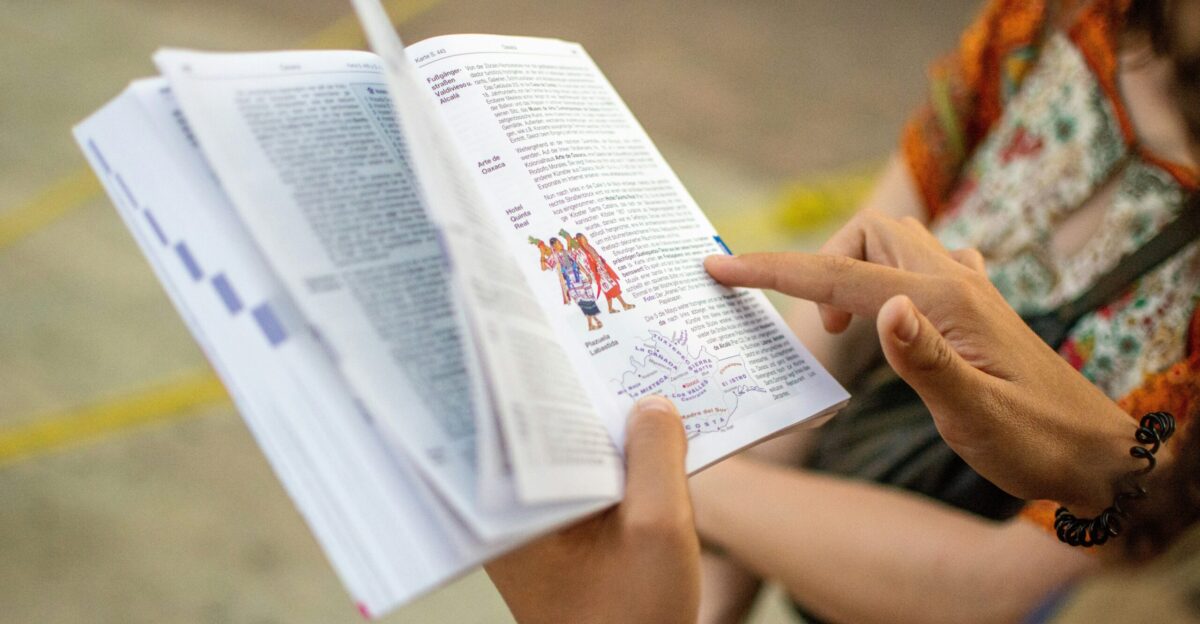
The Children’s Literacy Charity also confirmed it had ended its relationship with Ferguson. “We have concluded our association,” a representative told The Times, citing the reputational risk stemming from the email. Ferguson had been a visible advocate for literacy initiatives, but the disclosure proved too damaging to overlook.
The charity emphasized its commitment to maintaining credibility with families, schools, and supporters. By joining the widening list of organizations distancing themselves, the literacy group signaled that even charities in less scrutinized sectors were unwilling to weather the storm.
British Heart Foundation Confirms Split

The British Heart Foundation, one of the UK’s largest health charities, announced Ferguson would no longer serve as an ambassador. “Public trust is essential to our work,” a spokesperson told Sky News, confirming her role had ended. While the foundation valued her contributions in raising awareness, it had to prioritize its reputation.
The decision was particularly weighty given the BHF’s national profile and influence. It also reinforced how mainstream charities, not just niche organizations, saw the risks of association as outweighing any benefit of her patronage.
Retired Service Animals Charity Cuts Ties
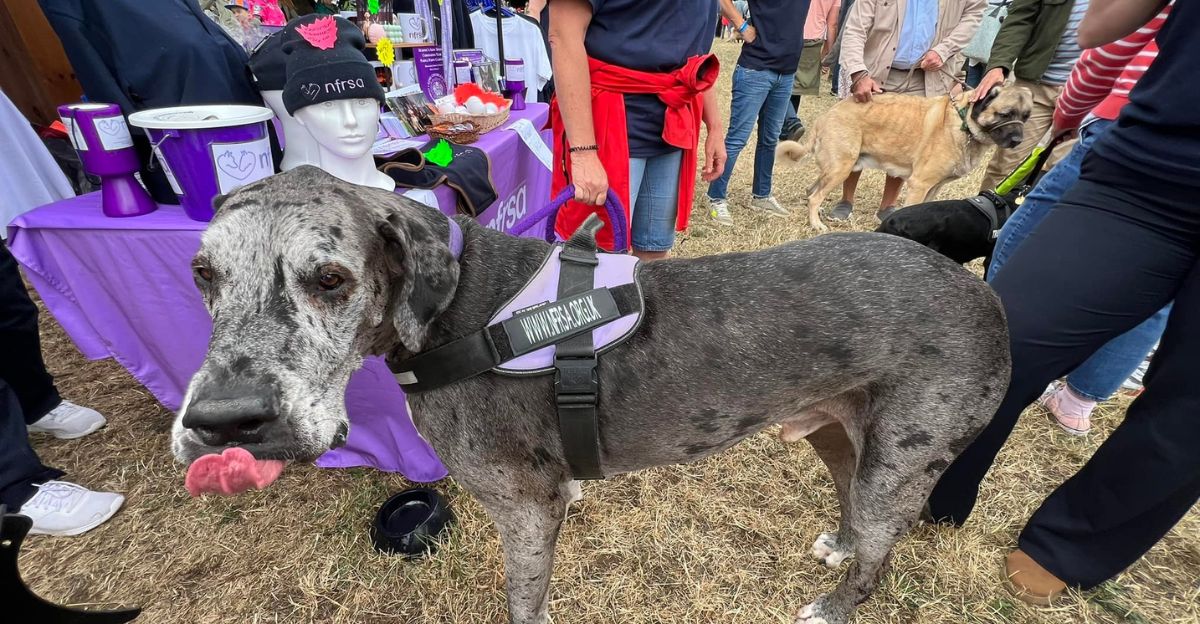
The National Foundation for Retired Service Animals also stepped away from Ferguson. The charity, which supports animals formerly in service with police, fire, and prison forces, stated it could not justify continuing its association after the release of the Epstein correspondence.
Local outlets reported the decision, highlighting how even newer and smaller organizations needed to act quickly. For charities dependent on public donations, the appearance of compromised integrity poses too great a risk, making the Duchess’s association untenable in the current climate.
Spokesperson Explains Circumstances of Email

In response to mounting criticism, a spokesperson for Ferguson told the BBC that the email was sent only after Epstein threatened to sue her for defamation. The Duchess had earlier denounced him, prompting fears of legal escalation.
The spokesperson emphasized that Ferguson still “deeply regrets” her past connections to Epstein and was trying to resolve the situation without further damage at the time. The explanation provided some context but did little to stem the charity exodus, as organizations weighed reputational protection over the Duchess’s clarification.
Apology Letter Contradicts Earlier Condemnations
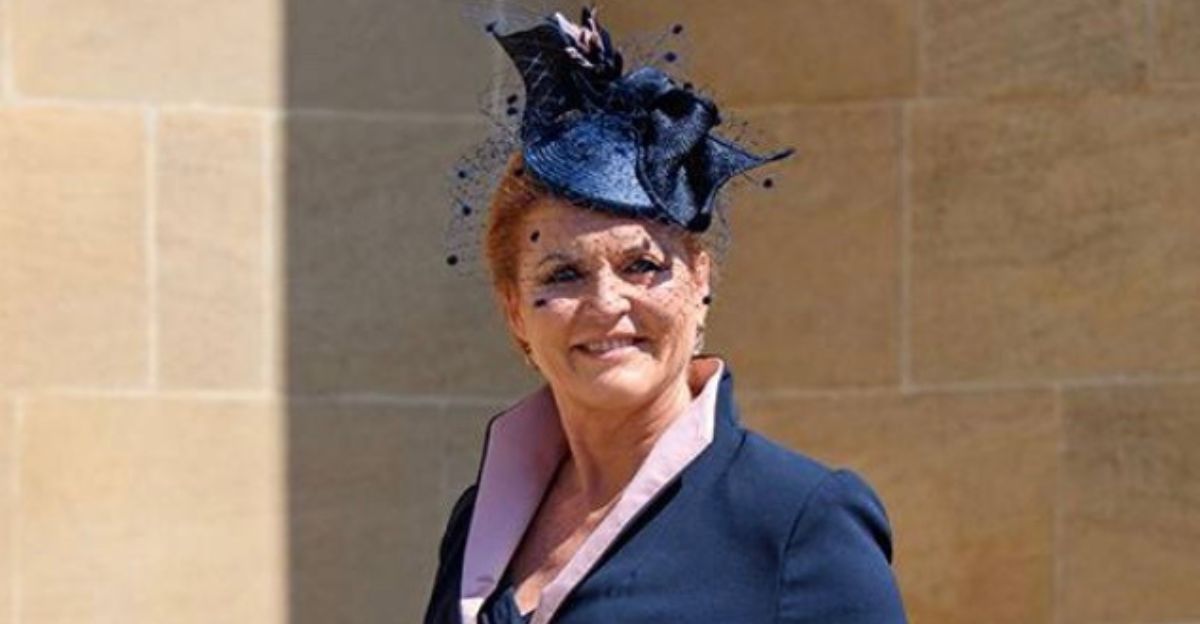
The tone of Ferguson’s 2011 email stood in stark contrast to her public condemnations of Epstein. In interviews, including with the Evening Standard, she had called her ties with him a “gigantic error of judgment.” Yet the private correspondence conveyed understanding for Epstein’s “sense of betrayal” and offered apologies.
This dissonance between private and public messaging fueled criticism, with media coverage highlighting the inconsistency. For many charities, the contradiction made it difficult to reconcile her public image with the content of her private statements.
Financial Dealings Add to Scrutiny
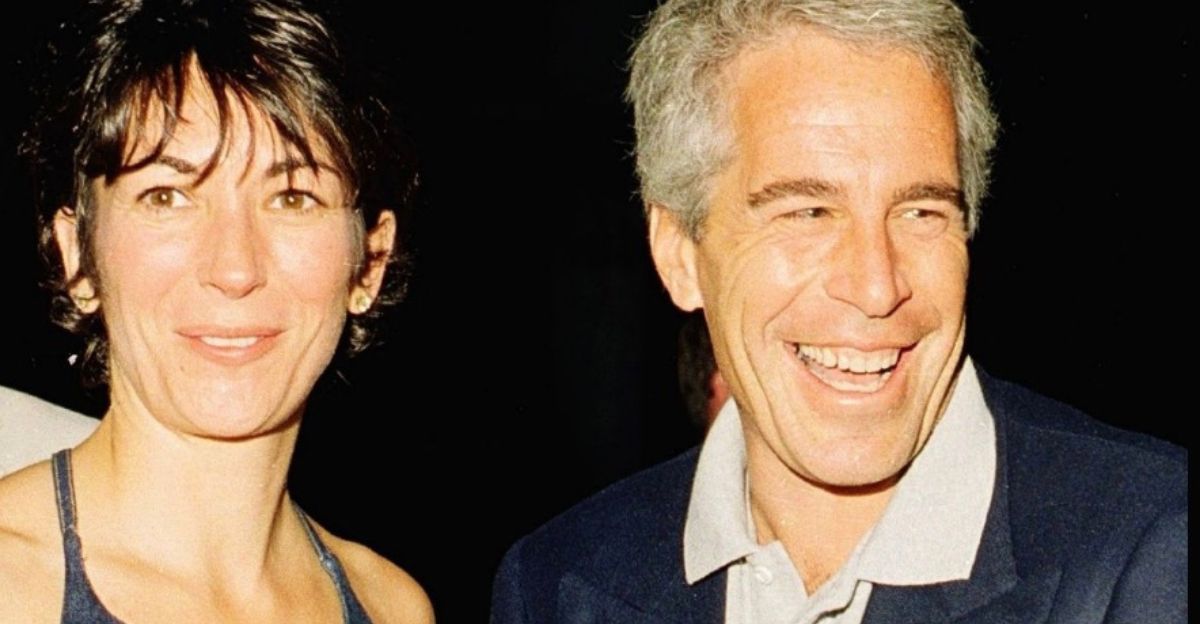
The resurfacing of Ferguson’s prior financial ties with Epstein added to the controversy. Reports noted that she had accepted £15,000 from him in 2010 to help cover personal debts, which she later promised to repay. Outlets such as The Telegraph recalled how Ferguson herself had labeled the acceptance of the money a mistake.
The combination of financial entanglements and the apologetic email created a layered controversy—fueling perceptions that her connection to Epstein ran deeper than she had publicly admitted.
Charities’ Stress Public Confidence Comes First

Across statements, charities consistently stressed the need to protect public confidence. Whether focused on health, children’s welfare, or animal causes, organizations emphasized that their missions depend on trust. “Integrity is central to our work,” one spokesperson told ITV News when confirming Ferguson’s removal.
This collective response reflected a broader lesson within the nonprofit sector: Reputational risks tied to high-profile patrons cannot be ignored, even when the individual in question has made meaningful contributions in the past. The reputational shield outweighed loyalty to the Duchess.
Media Spotlight Highlights Contradictions
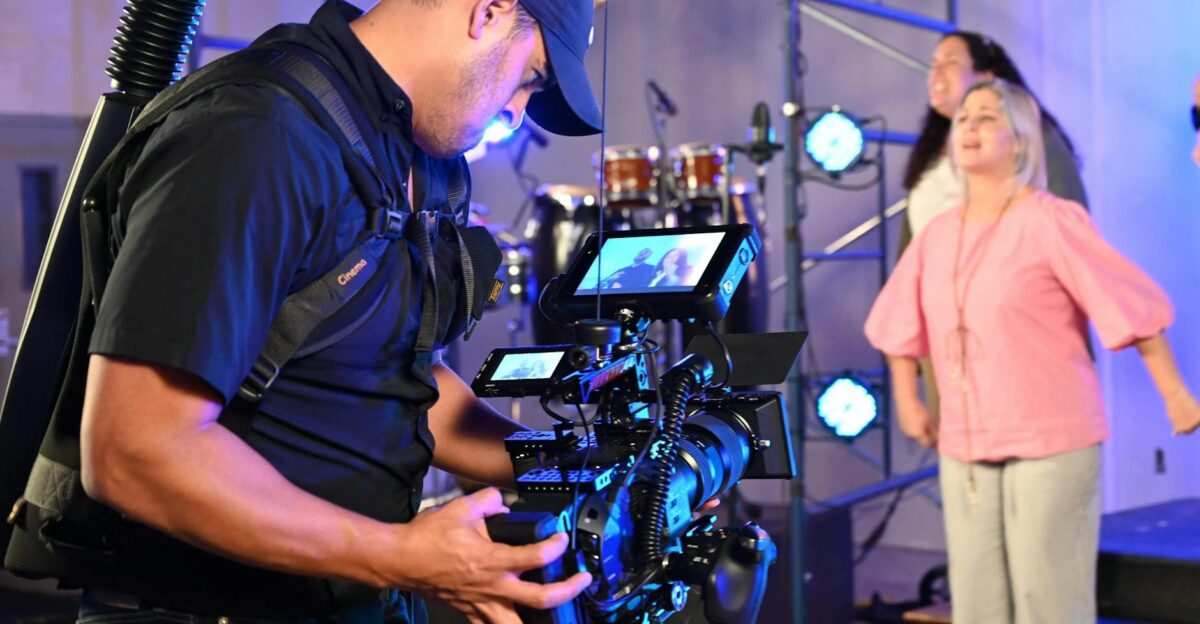
Coverage in outlets such as The Times and Daily Mail highlighted how the email contradicted Ferguson’s earlier declaration to “have nothing ever to do with Jeffrey Epstein ever again.” The complete publication of her words allowed the public to judge for themselves, sparking debate about authenticity and accountability.
The juxtaposition of her public vow and private apology made the story especially damaging. Media analysts pointed out that this kind of contradiction tends to accelerate backlash because it undermines credibility as much as the association itself.
Newspapers Publish Full Email Text
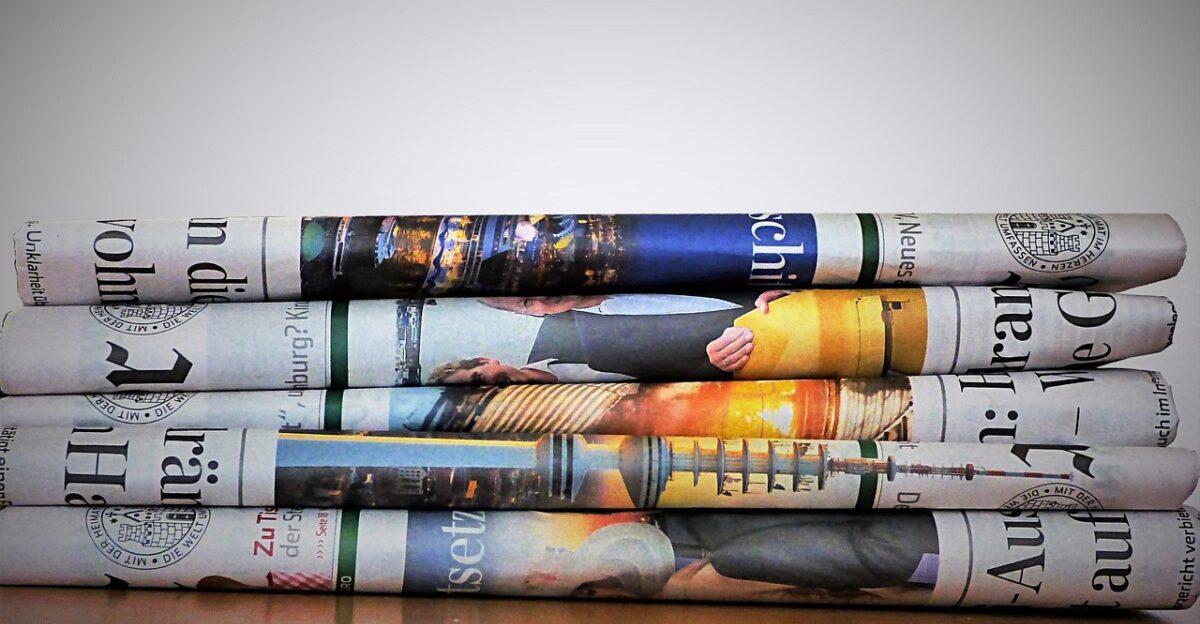
British newspapers escalated scrutiny by publishing the full text of Ferguson’s 2011 correspondence. Readers could see her words praising Epstein and extending apologies, reinforcing the narrative of contradiction with her public image. By making the email public, outlets eliminated ambiguity and speculation, allowing direct comparison between her statements and private tone.
The transparency heightened pressure on charities, leaving them little room to justify continued association. For Ferguson, the release of her exact words transformed the issue from rumor into documented evidence.
Duchess Silent, Spokesperson Handles Fallout
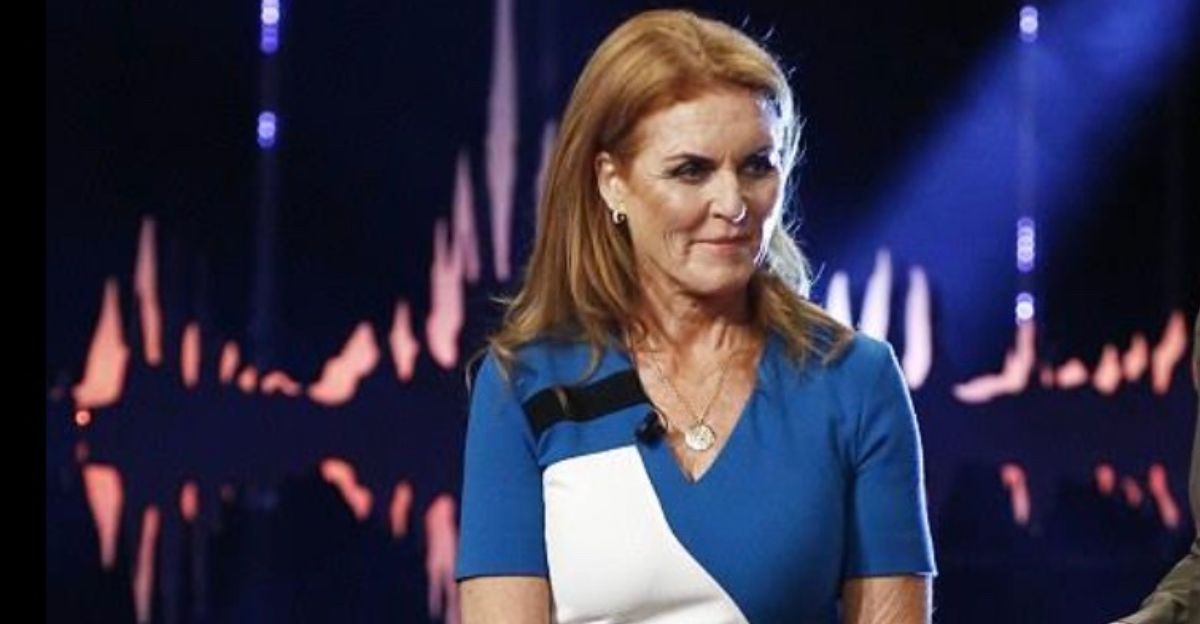
Throughout the controversy, Ferguson has not made a personal public statement, relying instead on her spokesperson to respond. That choice has left questions about whether she will directly address the collapse of her charitable roles.
The spokesperson reiterated her regret and emphasized the context of legal threats at the time, but the absence of a direct response kept speculation alive. Observers note that silence can sometimes protect public figures from escalating a scandal, yet it also risks appearing evasive.
Royal Patronage Vetting Under Scrutiny

The scandal has prompted renewed debate over how charities select and vet royal patrons. As reported by The Guardian, experts in the nonprofit sector argued the episode illustrates the vulnerability of relying on high-profile figures whose personal controversies may later overshadow their charitable contributions.
While such partnerships bring visibility, they also create exposure to reputational risk. The Ferguson case has become a reference point for discussing whether more rigorous due diligence and accountability measures should be applied in patron selection processes.
Calls for Stronger Safeguards

Charity governance experts are urging reforms to prevent similar crises. According to BBC Radio 4, analysts suggested organizations adopt clearer exit strategies and criteria for evaluating patron relationships. They said the idea is to balance celebrity association’s benefits with safeguards to protect mission integrity.
The fallout from Ferguson’s email has been described as a “wake-up call” for the sector, showing how quickly reputational damage can spread. The proposals could reshape how UK charities manage honorary roles in the future.
Spotlight Back on Prince Andrew’s Ties
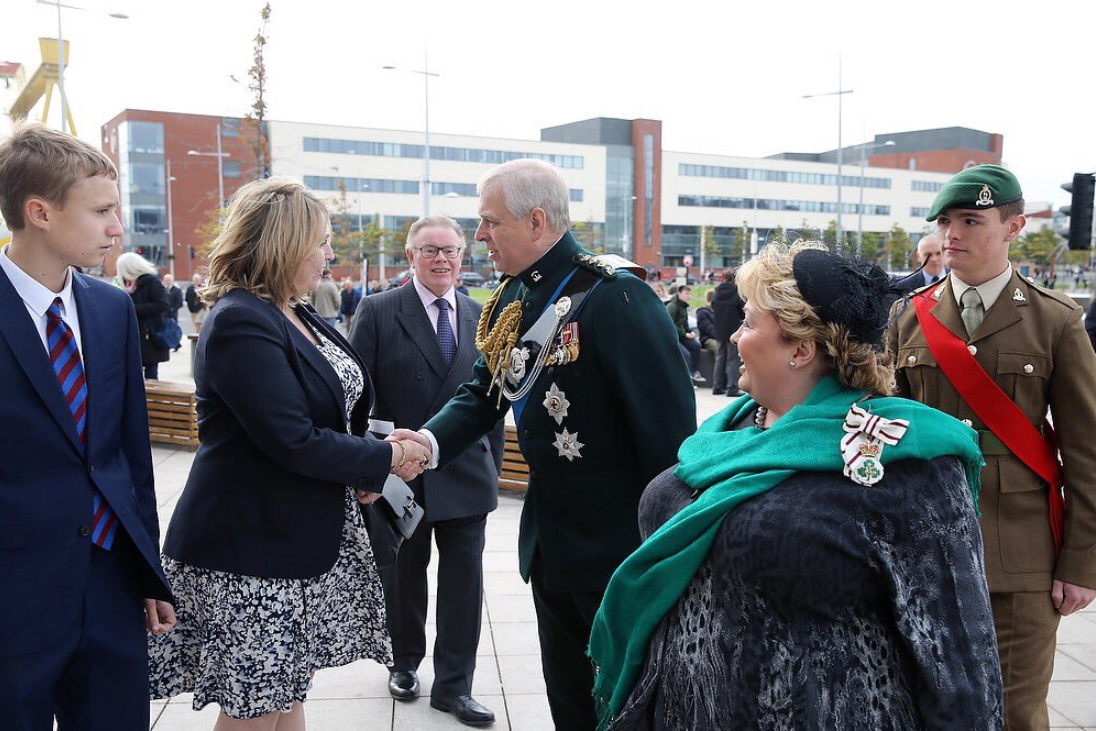
The controversy has also revived public attention on Prince Andrew’s ties to Epstein. The Duke of York stepped back from royal duties in 2019 after his BBC Newsnight interview and subsequent legal settlement in a civil case involving allegations connected to Epstein.
Though separate from Ferguson’s situation, the timing has reignited scrutiny of the family’s wider associations with the disgraced financier. Analysts note the Duchess of York’s scandal has inevitably drawn renewed comparisons, placing the spotlight again on royal reputations under strain.
A Broader Reckoning for Royal Connections
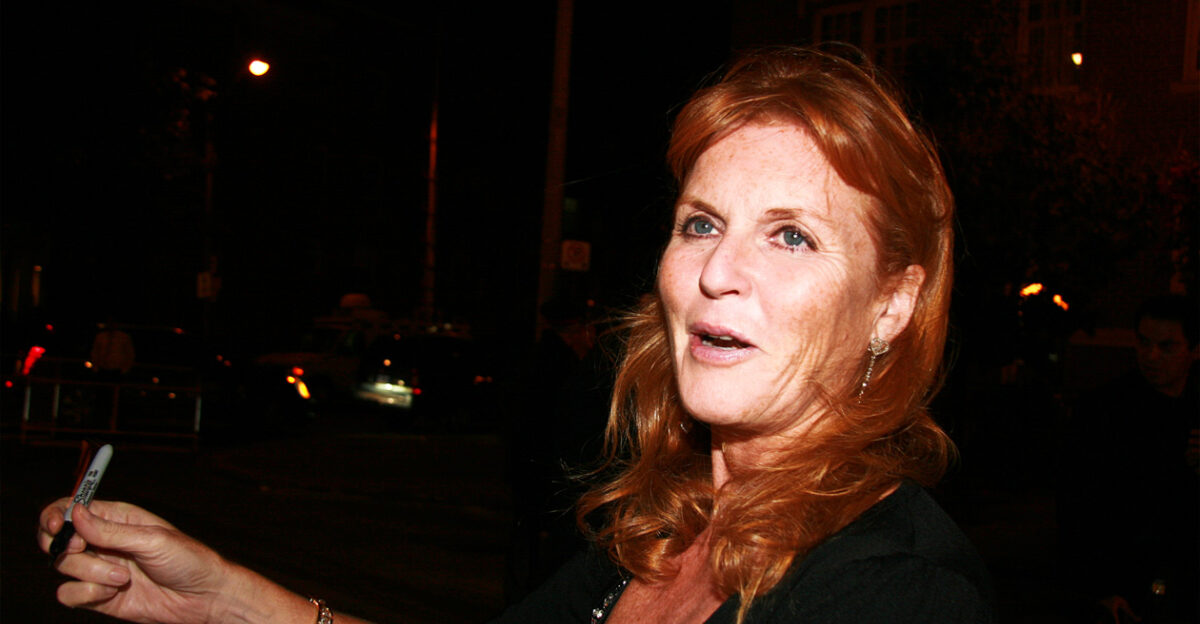
The unfolding fallout represents more than a personal setback for Sarah Ferguson. It signals a broader reckoning for how royal connections intersect with public institutions and charitable causes. The story has raised uncomfortable questions about legacy, accountability, and reputational responsibility as organizations step away.
For charities, the message is clear that trust and integrity remain paramount. For the Duchess, the episode is a stark reminder that associations thought to be in the past can resurface with lasting consequences, reshaping her public standing and charitable roles.